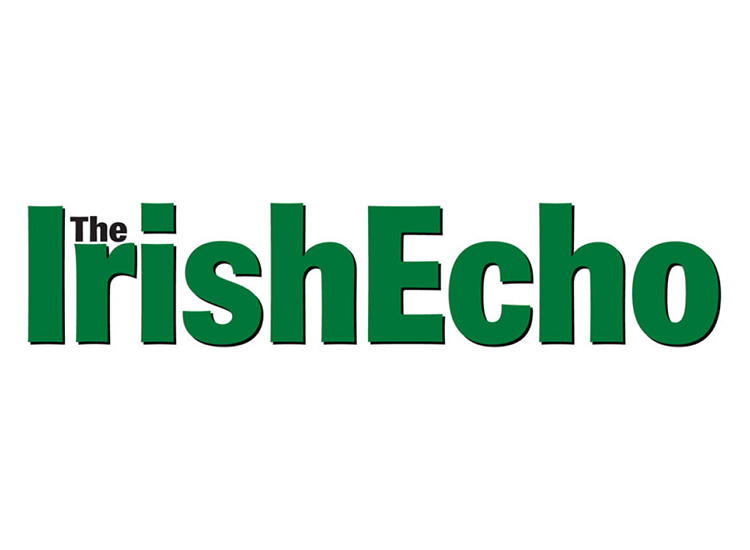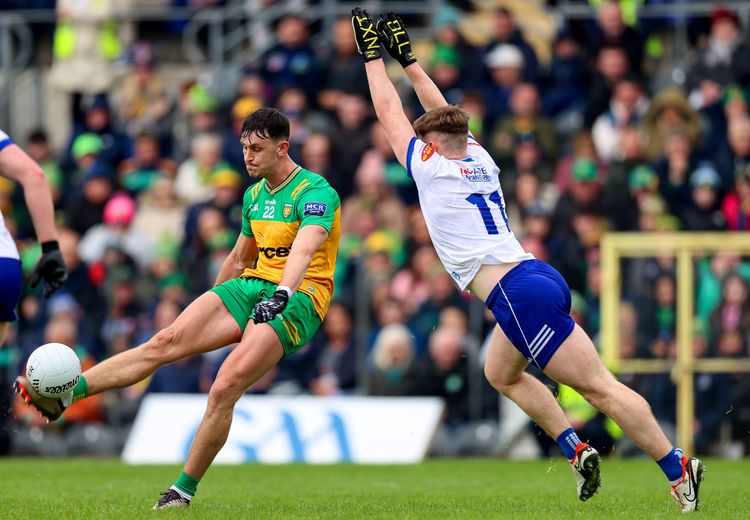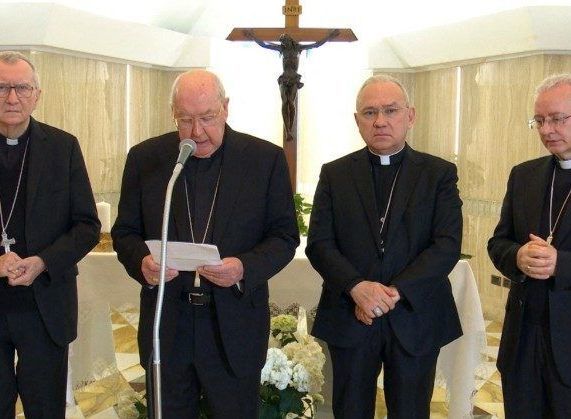President Donald Trump. This campaign photo was posted on the White House website just moments after Mr. Trump was sworn in as 45th President.
By Ray O’Hanlon
At 12.01 p.m. Eastern Time, President Donald John Trump inherited a U.S. policy on Northern Ireland that was born during the campaign of one of his predecessors, Bill Clinton.
But if the difficulties now facing the Northern Ireland peace and political process are not exactly at the forefront of the new president’s mind, there will be those who will remind his administration that, as in so many policy areas, there is a baton to be picked up afresh.
In the waning hours of the Obama presidency, the administration issued a statement urging a rapid resumption of power sharing in Northern Ireland, this despite the turbulent backdrop of the emerging election campaign and an election that could well end up leading to an impasse resulting in a return to British direct rule.
Said that final Obama administration statement: "The United States remains committed to supporting a more peaceful and prosperous Northern Ireland.
"To this end, we urge all political parties to focus on quickly finding a way forward to the resumption of stable devolved governance.
"We also encourage civil society leaders to continue their vital work building a better, shared future.
"Restored devolved democratic institutions and an engaged, constructive citizenry can best take Northern Ireland forward."
The statement occurred in the absence of a U.S. envoy to the peace process.
Former senator Gary Hart, who was Secretary of State John Kerry’s “personal representative” to the peace process, took leave of that post last month, this after a final swing through Belfast, Dublin and London during which he spoke to continued implementation of the December 2014 Stormont House Agreement, and the November 2015 Fresh Start Agreement.
Since Hart’s visit, the idea of agreement in North Politics has become rather more tenuous.
The air of deep uncertainty following the breakup of the power sharing executive, and the setting of an election date of March 2, has been compounded by the decision of outgoing Deputy First Minister Martin McGuinness not to stand even for an Assembly seat, this due to his present state of health.
McGuinness has been a dominant and stabilizing figure in the evolving politics of Northern Ireland for years and his absence will be keenly felt.
It is against this backdrop of absence and uncertainty that Washington’s role as an encourager and enabler in Northern Ireland now finds itself needed anew.
And the man presiding over that role is the 45th President.
Mr. Trump now owns Washington’s Irish policy, along with so much else.
What he does next regarding Ireland will be watched and studied closely by Irish America.








